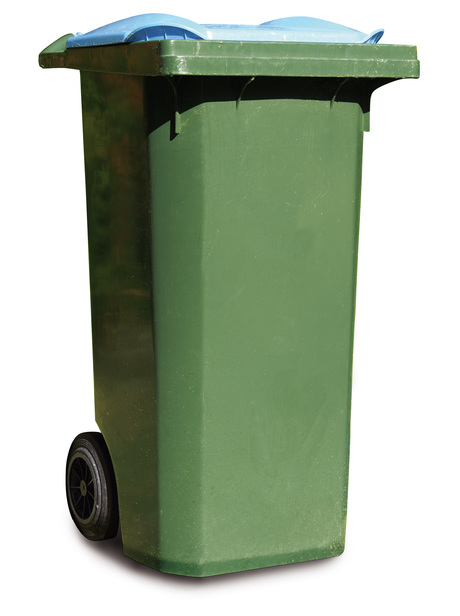Australia sets world record for e-waste collection

An Australian technology product recycling program has set a Guinness World Record for the most e-waste collected for recycling in one week.
The Australia and New Zealand Recycling Platform Limited’s (ANZRP) TechCollect recycling program collected 474 tonnes of old computers, printers, TVs and accessories during a single week in April.
TechCollect CEO Carmel Dollisson announced the milestone at the ANZRP’s recent ‘e-Waste or e-Resource’ future forum, convened to discuss the Federal Product Stewardship Act and its potential impact on resource efficiency.
Panellists included ABC New Inventors judge and former CSIRO executive director James Bradfield Moody, Panasonic Australia managing director Steve Rust and Michael McGee, an assistant director of product stewardship at the Department of Sustainability, Environment, Water, Population and Communities.
The Federal Product Stewardship Act, which came into effect in August 2011, serves as a framework for the management of the environmental, health and safety costs associated with disposing of products.
It includes both voluntary and mandatory commitments for producers, sellers and users of products to take some responsibility for end-of-life disposal.
At the forum, Steve Rust commented that to maximise efficiency of resources, electronic products need to be designed with end-of-life in mind. This means designing devices so they can be pulled apart, allowing them to be repurposed for new products and for their components to be recycled.
James Bradfield Moody asserted that the world is on the cusp of a “sixth wave” of innovation, during which the notion of recycling e-waste for their rare materials will be increasingly important. China in particular is starting to view e-waste as a valuable resource, and the market could serve as a tipping point for the rest of the world, he said.
Moody said that the biggest future challenge for managing e-waste in Australia will be transitioning away from a consumption culture.
“We managed to decouple economic growth from labour during the industrial revolution and manufacture more products with less people,” he said. “The future story we need to talk about now is how we are going to decouple economic growth from resource consumption.”
A cultural shift can maximise the potential of AI in software development
The AI revolution in software development presents challenges but also opportunities to enhance...
IT leadership is steering the GenAI ship
The alignment of IT and business is back in the spotlight as GenAI challenges who holds the...
Why the information lifecycle will be vital to data privacy in 2025
Data accessibility, accountability, confidentiality and integrity are becoming increasingly...




